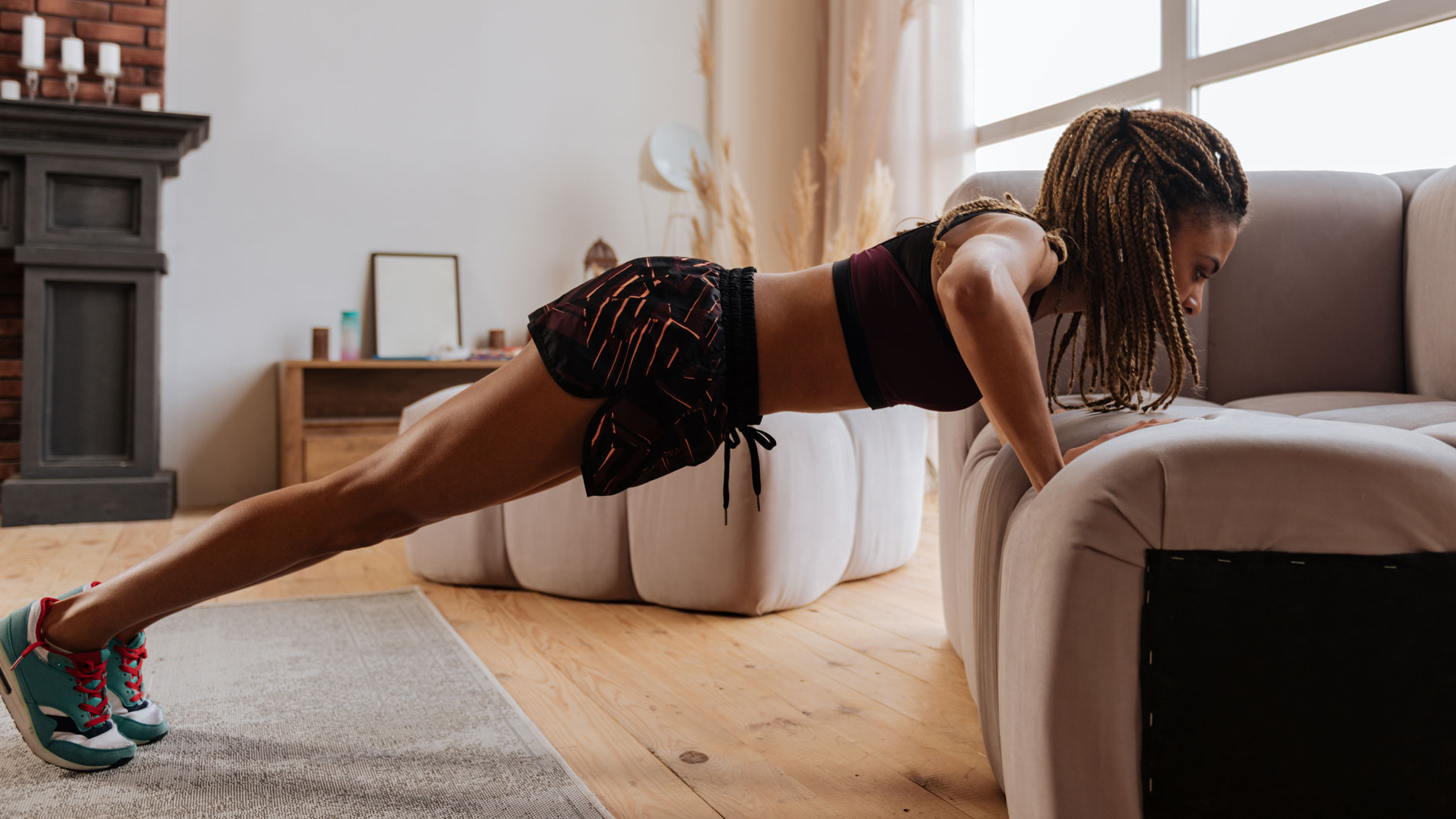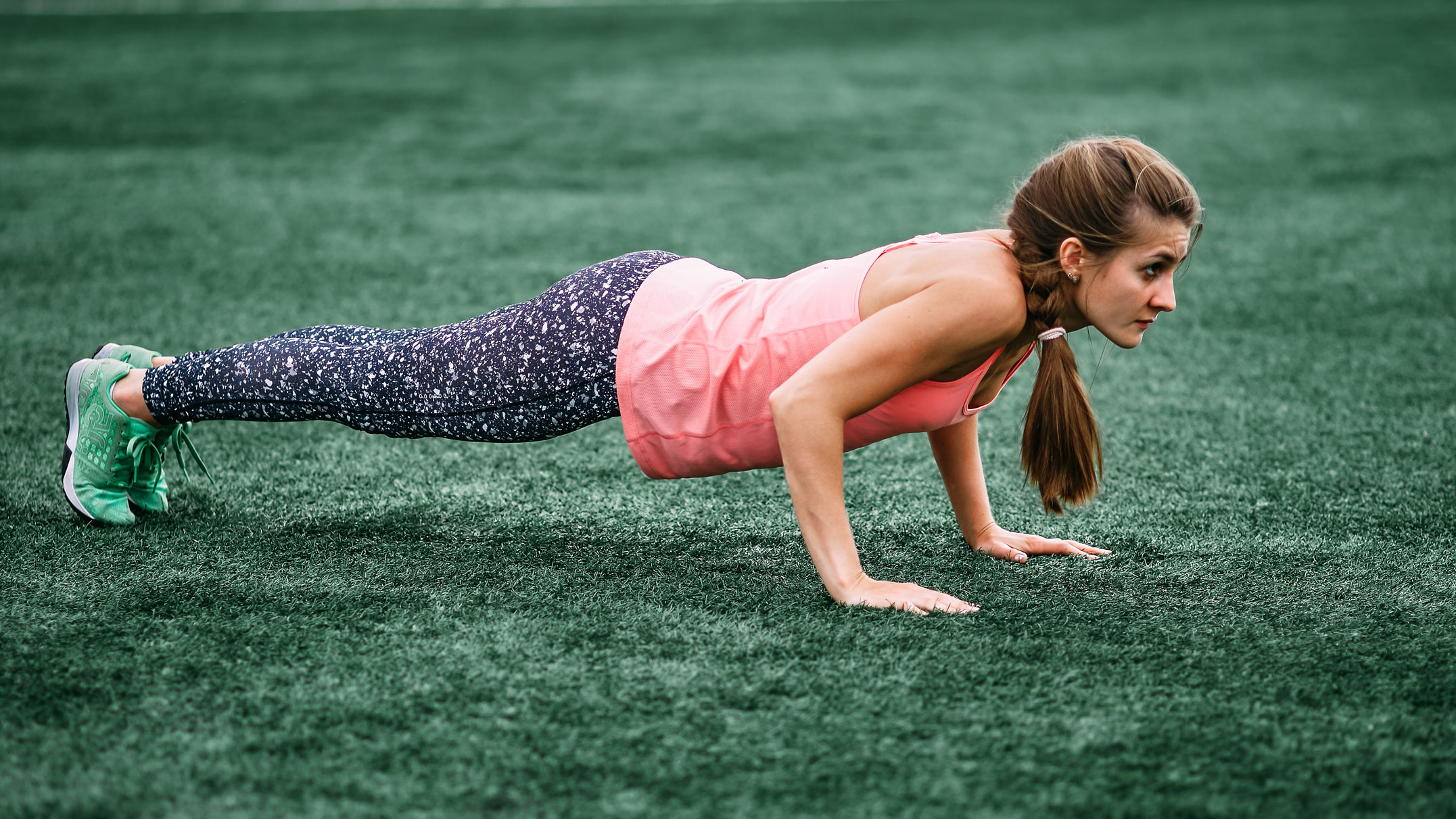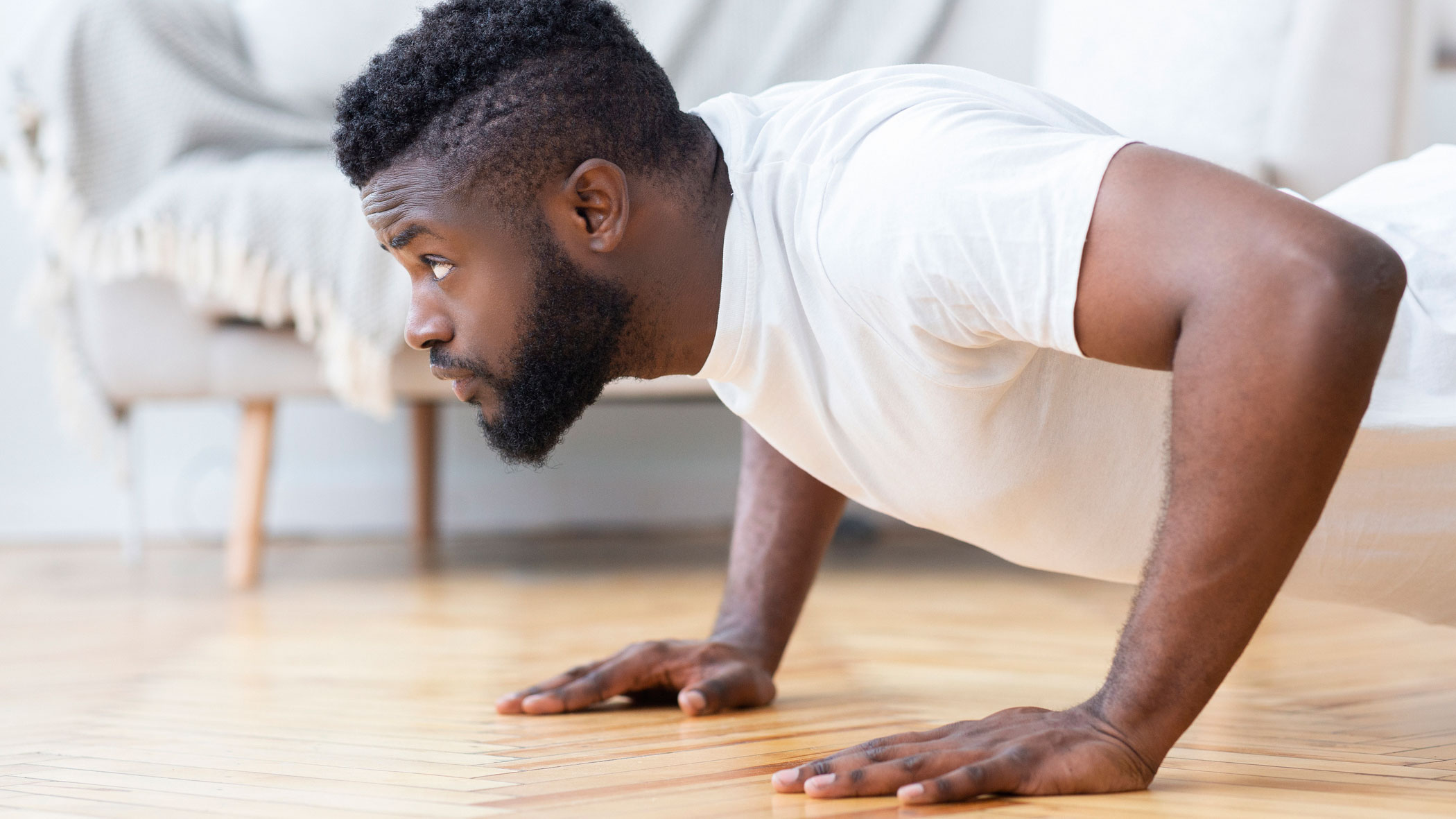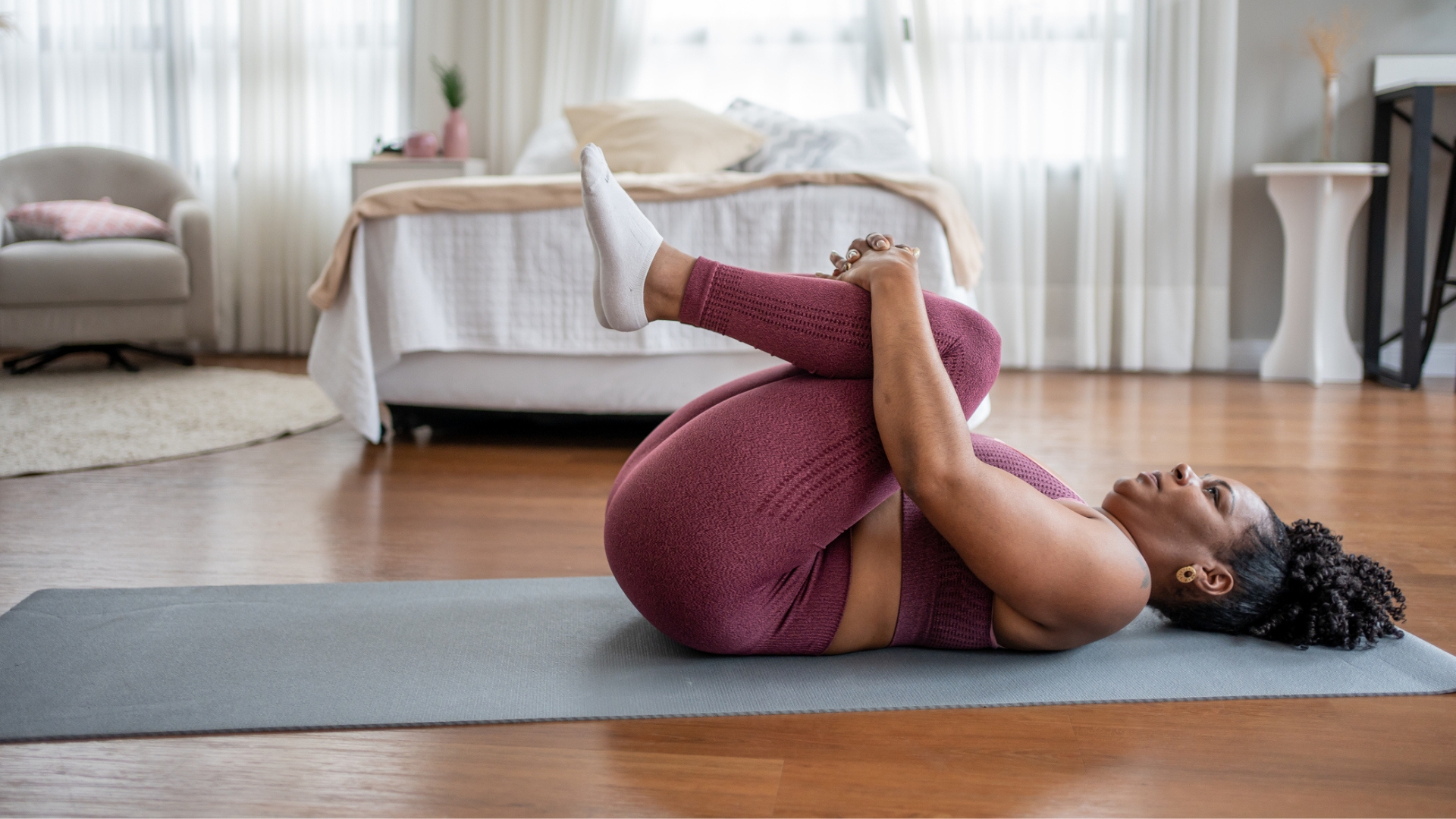Why push ups are a great measure of physical fitness and health
Push ups test more than strength: they're also a way to measure heart health and physical fitness


Push ups are a great measure of physical strength. It recruits muscles in your chest, your arms, your shoulders and abdominals to tone up all over your torso. It also requires no kit: just a little bit of floorspace is all you need to perform the move.
However, it's not just about building muscle. It turns out if you're good at push ups, it's a great indicator of your heart health and cardiovascular fitness.
- NEW: How mindfulness training changes your brain chemistry
- PLUS: Can you lose belly fat with this wierd fitness tech?
One study published in the scientific journal JAMA Network Open looked at push ups and their role as an indicator of physical fitness. The study looked at 1,104 adult men across 10 years, looking at the ratio between push up capability and cardiovascular risk.
The results were clear: men who could perform at least 40 push ups had a very low risk of cardiovascular diseases and heart attacks. Those who couldn't complete a set of 10 push ups, on the other hand, had a markedly higher risk of heart disease.
As the leading cause of death worldwide, lots of lifestyle-related factors can lead to cardiovascular disease, notably obesity and inactivity. It stands to reason the study participants who stayed fit and active were the ones most capable of staving off heart disease.

However, while we take "cardio" to mean aerobic exercise such as running or cycling, building muscle is also great for our hearts. One study from Iowa State University found just one muscle-building session a week reduces your risk of suffering a heart attack or stroke by around 40 to 70 percent.
DC Lee, associate professor of kinesiology and study author, told ScienceDaily: "Building muscle helps move your joints and bones, but also there are metabolic benefits. I don't think this is well appreciated."
Get the Fit&Well Newsletter
Start your week with achievable workout ideas, health tips and wellbeing advice in your inbox.
"Lifting any weight that increases resistance on your muscles is the key. My muscle doesn't know the difference if I'm digging in the yard, carrying heavy shopping bags or lifting a dumbbell."

That includes your own body weight. Just a short session of body weight-based resistance training a week could slash your risk of cardiovascular disease, keeping you strong for years to come.
We definitely think that's worth learning how to do a push up properly. Incorporate body weight squats, pull-ups and dips for a complete all-over workout, no kit required.
Liked this?
Matt Evans is an experienced health and fitness journalist and is currently Fitness and Wellbeing Editor at TechRadar, covering all things exercise and nutrition on Fit&Well's tech-focused sister site. Matt originally discovered exercise through martial arts: he holds a black belt in Karate and remains a keen runner, gym-goer, and infrequent yogi. His top fitness tip? Stretch.
-
 A top mobility coach says you should stop stretching at the end of your workouts and do them before bed instead
A top mobility coach says you should stop stretching at the end of your workouts and do them before bed insteadUse my five-move routine to wind down before bed
By Sam Rider Published
-
 Hip stretches not working for you? These five dynamic movements did wonders for my mobility—and they're physical therapist-approved
Hip stretches not working for you? These five dynamic movements did wonders for my mobility—and they're physical therapist-approvedI tried this dynamic hip stretch routine and it felt so good I had to ask a physical therapist to find out why it was so effective
By Lou Mudge Published
